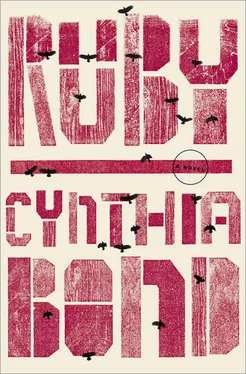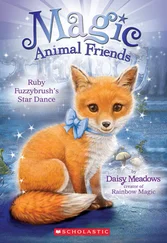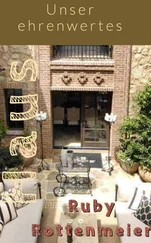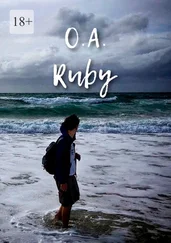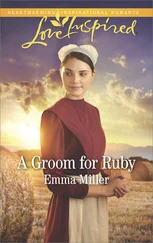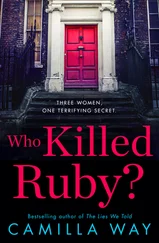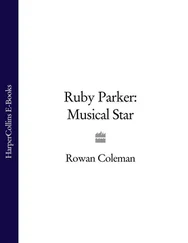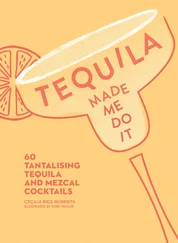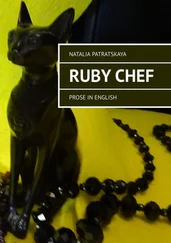It spoke to him in feelings. Each strand holding a story, each knot an event. Trapped bundles of thought, released. Her youth lived at the ends of her hair. Her present life near her scalp. He was midway down her back when suddenly the words Where is my baby? seeped into his hands. He felt an empty hollow in his belly. His throat clenched tight. Then Where is my baby? Where … is … she! What happened? Then a scream, spreading like a grease fire, until it exploded. Where you put her body? Gone. Taken. Ephram parted her hair through his tears. He worked in fractions.
Exhausted, eyes red, Ephram freed a coiled spool of black. It seemed to bounce lightly between his fingers. He felt his skin soft as gardenia petals. The froth of silk against knees. Lips coated in thickly spread color. He heard the thump of music and felt the sway of his hips keeping perfect rhythm. A man’s firm hand, spinning him, skirt swirling, lifting. Then the eyes of men pausing, watching. He felt a confidence, a certainty in the power of beauty, as the music swelled and laughter bubbled from his throat.
He loosened another strand and felt the blue flame of life in his belly. His body yielding, accommodating, and like a sweet gum tree come autumn, filling with milk. He felt his torso stretch, making way for the building, spinning matter, until it was as heavy as a planet in his womb. Until a sixty-foot wave crashed into the thimble of his body and there the child was, like a damp feather upon his breast, weighted as a new world.
He reached a knot, too tight, too large, it tugged free in his hand. His face grew hot. A terror so strong it busted the wall of reason. Felt himself entered, torn, ripped, bleeding. Felt sweat slick, spit hurtling against his cheek. He felt himself gag, choke then accept. He felt what it was to be mute earth. A dull ache wound through his fingers until he tackled another mass.
As he held tight to Ruby’s hair, his palm itched and then was tickled, so he was forced to smile. Then laugh. Then gasp as his pelvis warmed like honey in the sun, as hot sticky waves swirled, as his entire body tightened, contracted, as a lightning rod of bittersweet ache buckled his flesh. Too, too sweet, embarrassingly so, like a roller coaster crashing to the dip, only to discover it had another hill to climb and dip, and climb and dip. Exploding again and again and again. When it ended he didn’t know how to fix his face. He wilted like a week-old rose. He released the reins of her hair. He looked up and saw the moon reaching in through the window. Ruby still sleeping and the caw of a lonely crow breaking up the silence.
So this is the life of woman, he thought, and kneeling beside the bed, head on the mattress he fell asleep.
Under the blackberry sky, the impartial moon shone on night phlox, evening primrose and lone houses with slanted steps. It also cast upon wolf cubs caught in traps, hidden bones long buried and burning crosses — with the same indifferent grace.
That night, the Dyboù stretched along a ridge of pines moving towards a glowing light in the distance. Dead pine needles shifted under his belly; above him the branches and needles shivered. He liked the way the old trees bowed and groaned, pushed by a stolid might.
When he reached the pit fire, he saw the men in the distance. Eyes on something they had just cast into the fire. It yowled. He smelled the thing being burned alive.
As he slid forward, he could taste the screams of the cat. See her black fur catching and her fangs, screeching, green eyes covered over, then eaten by the hungry flames. It took a while for her to stop fighting, then he gulped in the shaking spirit of the creature, still locked in its scorched body — barely alive. It disappeared inside of him forever. They could have burned something larger. But he had been hungry. It was enough.
One man stood before the others, the leader, soot and blood in the crease of his palms. The others were waiting in the waving heat. The Dyboù lifted high above them, higher, then blasted down like a grenade upon the circle. They all stumbled and fell back. He lifted again and chose the horse he would ride. They all wanted him, their mouths open, teeth bared and wet, saying the old words until their lips grew white in the corners. He chose the strongest man among them and fell like an anchor upon him.
The Dyboù looked out of the eyes of the man. His man. His horse. He felt the strength of his muscles, the heat of his crotch. He had chosen well. The man was shaking violently on the earth, nose bleeding, drool down his neck, trying to fit the Dyboù into the acorn hull of his human body. The man’s spirit folded smaller and smaller to make way.
The Dyboù waited. Like fucking a virgin, the Dyboù took his time until the man became accustomed to his size. Then he plunged in deeper. He felt the man’s likes, his dislikes, his penchant for menthol tobacco, his favorite tie and suit. He did not smother the man’s soul — he welded to it.
Soon he lifted the man to his feet. He looked at all of the living men, their dumb faces glowing yellow. He smelled the pines. Then he drew back and bit into the skin of the man he was wearing. The man bucked, so the Dyboù sunk his teeth through the muscled arm until he had the faint taste of blood, until it ran down his forearm and his hand. He had been branded.
The circle of men gave him the red bag and a black bottle. It was the reason they had called him. They thought. But it had been his idea all along, planted like brackle in their minds while they slept between white cotton sheets.
Now he felt the soles of his feet on the forest floor. The hush of owls, the quiet of the crickets. The living thicket watched.
The red bag in his palm was heavy with magic, made more powerful by the wet blood that had streamed into it.
Before the powder had found its way into his hand, it had been a mandrake root, baking and drying in the West Texas sun. It had then been gathered when the moon was void, by a left-handed man, and had never since seen the light of day. Then made its trek across Texas earth to its new home in the east, where it had been soaked in gator urine and cooked over a fire. It had been shaved into an open pot then boiled with things such as graveyard dust, red pepper, stagnant water, RIT red dye and things so secret they had only been thrown in during the pitch of night and not looked upon by the thrower. But the strongest ingredient was intention. The ill-will of man whittled to a sharp point, then stirred for forty days in a mash, laid out for one week to dry, and then pulverized to a fine powder. The Dyboù was pleased.
Soon he saw the girl’s land. When he reached it he stepped back. The honey of the earth filled him. So sweet, the land shifted under him. The grass flattened before each footfall, and a dog somewhere began to moan. It smelled like persimmon and apricots stirred with cane syrup. Hundreds of little beings beating, throbbing. The Dyboù bent down and clutched a lump of soil and stuffed it into the man’s mouth. It was like a sugar teat, cotton soaked in the white granules and milk, then given to a baby to suckle. He calmed himself. He knew patience. Whatever small shield the girl had mustered would be washed away come morning.
The house was cracked, soul splinters where it had been blasted apart by sorrow. The Dyboù looked through the window, through the torn curtains, and saw to his surprise that the girl was not alone. The man was asleep, his body draped like a rag against the side of the bed, knees on the floor, his acorn head resting on the pillow. The girl was spread like a starfish on the mattress, hair like frothing black water all around them. He scooted to get a better view and saw it was the fool he had been following for years, who had dropped the gris-gris and his manhood like a harlot drops her drawers.
Читать дальше
